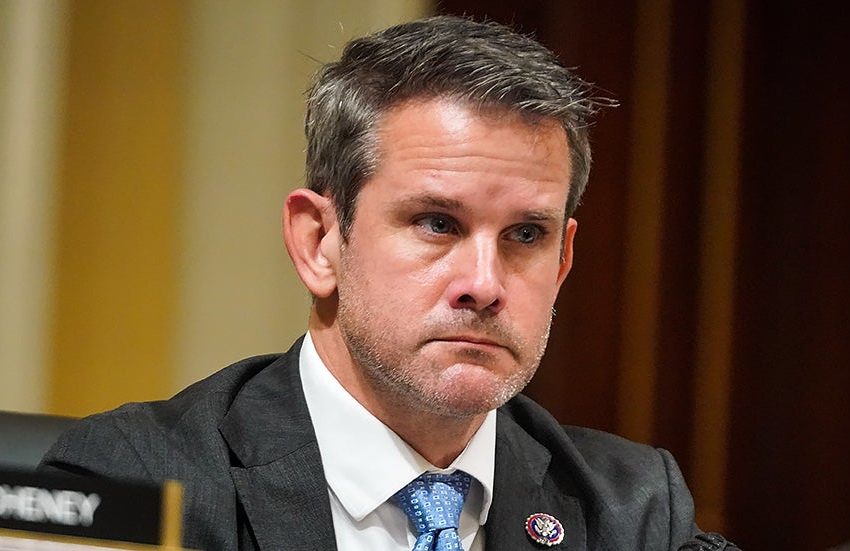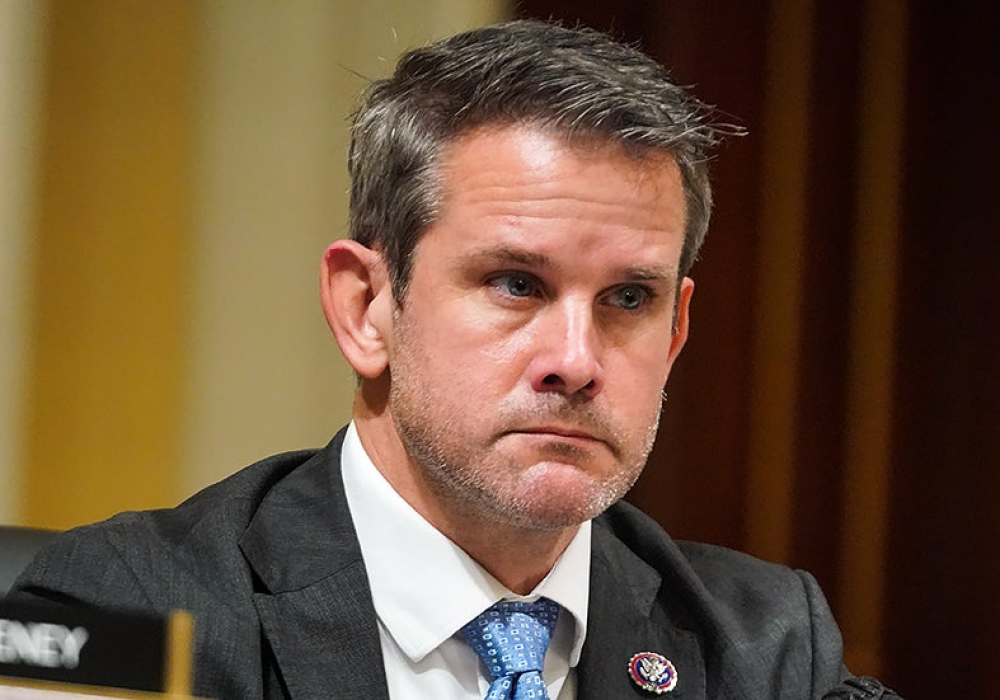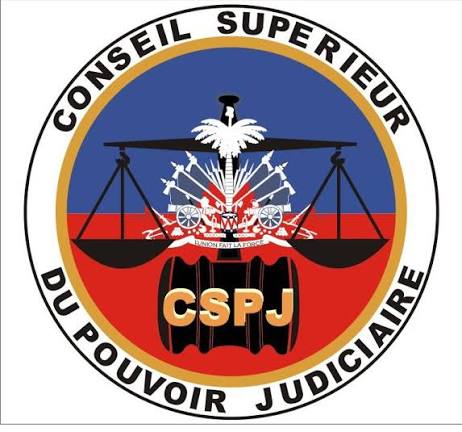Rep. Adam Kinzinger
A federal grand jury indicted the former Trump White House adviser on Friday for two charges of contempt of Congress for failing to appear for an Oct. 14 deposition before the panel and for refusing to provide documents.
Kinzinger, one of two Republicans who sits on the Jan. 6 pane, told CNN’s “The Lead with Jake Tapper” that the indictment shows that those who are asked to speak to the panel in the future “cannot ignore Congress.”
“The reality is, you may not like it — you may not like the investigation. You may think nothing wrong was done, but you’re not going to be able to avoid it,” Kinzinger said.
“So, this is certainly a good thing, and I hope it sends a chilling message to anybody else who was going to follow through like this,” he continued.
GOP Rep. Adam Kinzinger, a member of the Jan. 6 select committee, on Steve Bannon
Stephen (Steve) Kevin BannonSteve Bannon indicted by federal grand jury Meadows defies Jan. 6 committee, risking contempt charges The Memo: Trump case could come back to bite Biden MORE getting indicted: “It sends a really important message to future invited witnesses, future folks that are subpoenaed. You cannot ignore Congress. … I hope it sends a chilling message.” pic.twitter.com/TPJ5fdFtmL
— The Lead CNN (@TheLeadCNN) November 12, 2021
The indictment came hours after former White House chief of staff Mark Meadows
The House voted to censure Bannon in late October after he refused to meet with the committee, taking directions from former President Trump

The panel subpoenaed Bannon for details on any involvement Trump had with planning the Jan. 6 rally as well as any conversations he had with anyone else with the White House about Trump’s remarks during the rally.
The committee also asked about activities at the Willard Hotel, where Trump’s team established a “war room” for pushing Trump’s false voter fraud claims and where Bannon attended a meeting the day before the rally.
“We just want answers. That’s what the American people deserve, regardless of what side of the political spectrum they’re on,” Kinzinger told Tapper. “And most importantly, that is what the future history deserve: a full accounting of that day free of conspiracies, free of lies and free of politics.”












